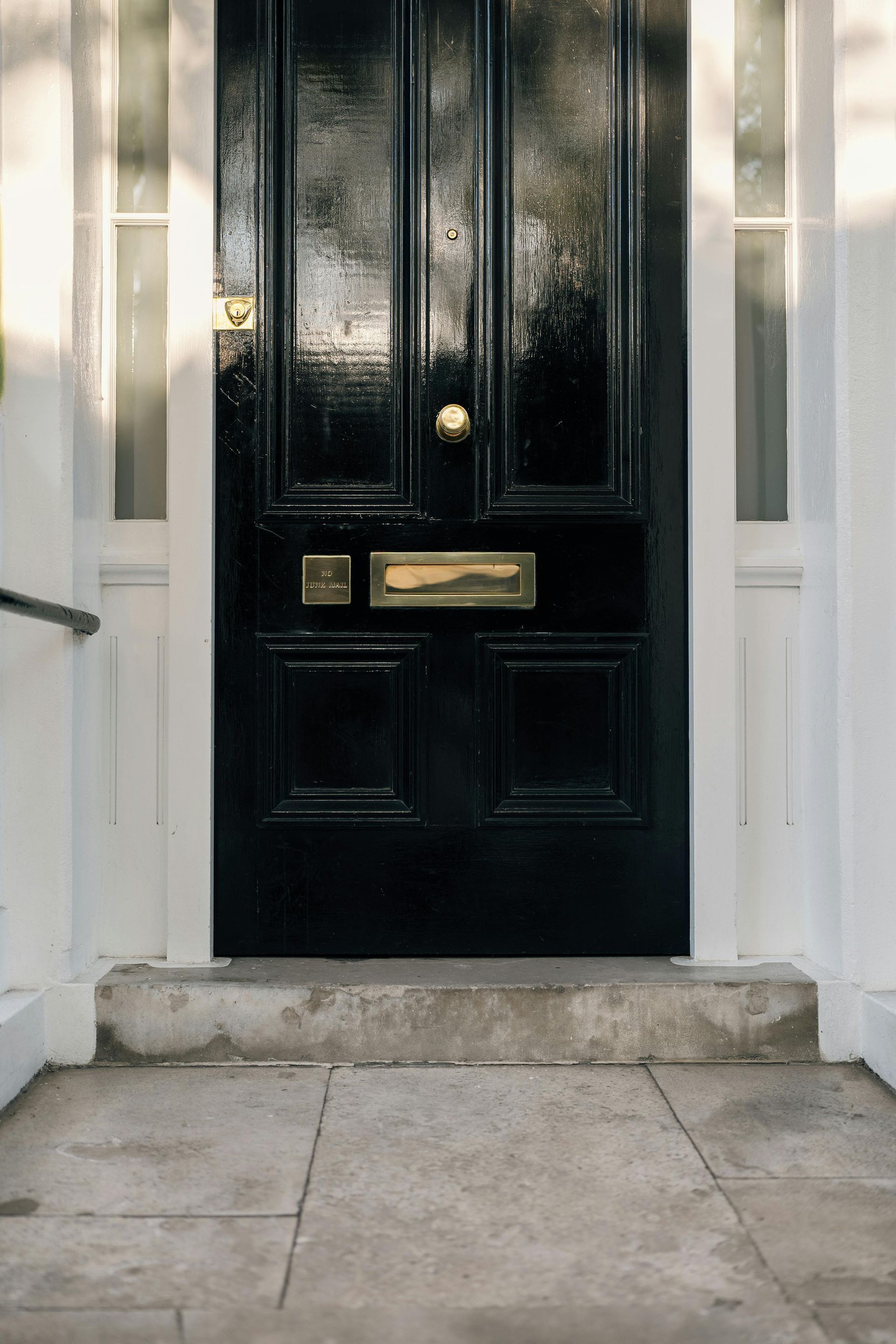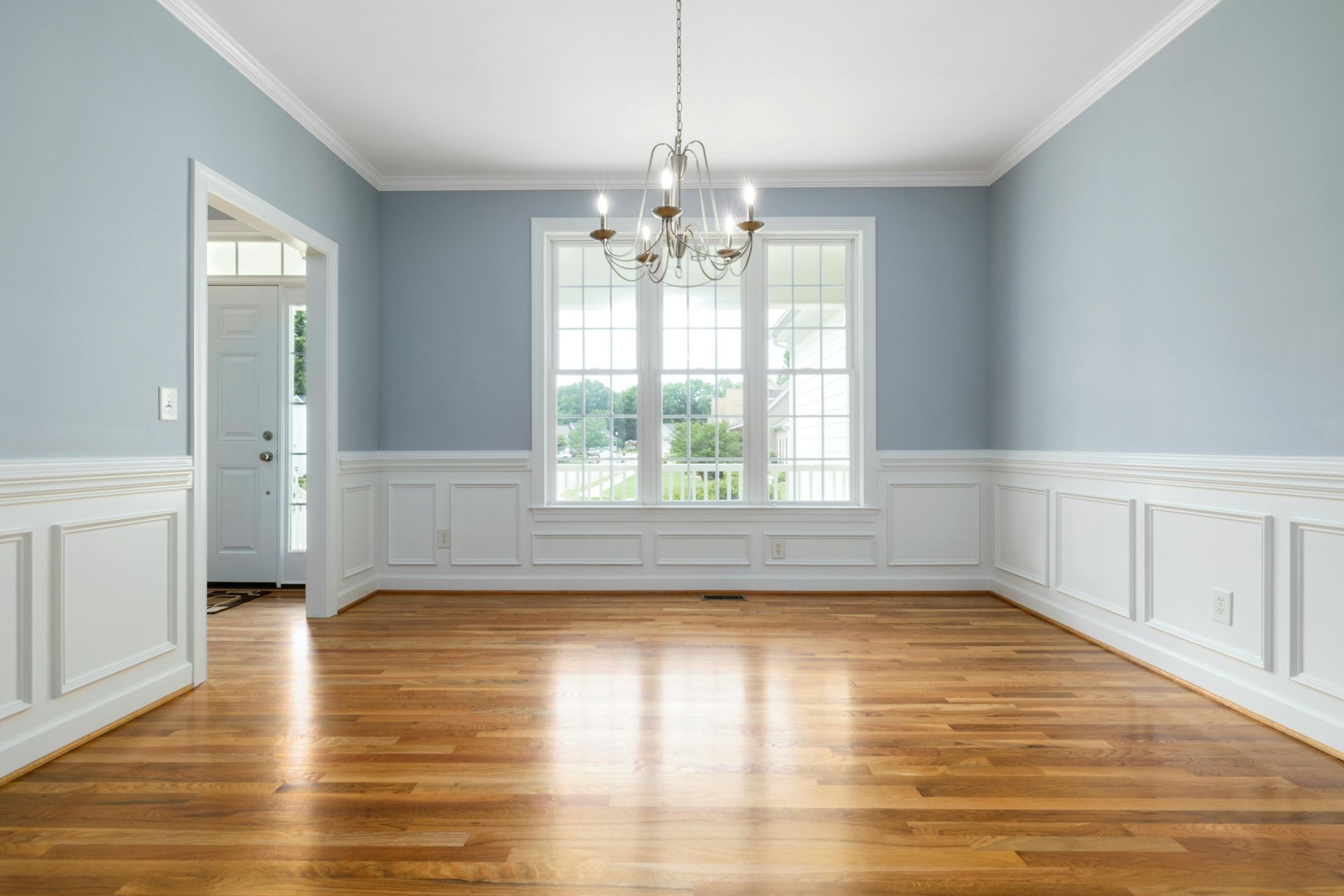Why Buy-to-Let Mortgages Get Declined
Unlike commercial or residential mortgage lenders, buy-to-let providers are tough ones to crack. Some landlords are turning to refinance options to avoid defaulting into costlier SVRs due to the steady climb of buy-to-let interest rates. However, not every application gets approved. If you’re worried about your eligibility, there are little-known reasons lenders decline buy-to-let remortgages beyond poor credit, a change of circumstances, or the conditions of your property—let’s take a look at a few.
Reason 1 - Your Property Has a Flat Roof
Contrary to how it may seem, a flat roof indicates a greater need for regular maintenance in comparison to normal, pitched roofs. Provided that your roof undergoes routine inspection, some lenders may be privy to non-standard construction features. However, most believe flat-roofed properties to be challenging to sell.
Reason 2 - Your Property is Adjacent to or Across a Pub
As it turns out, not everybody will be a fan of clinking pints and jolly chanting. While most adults will prefer to live in a property wherein a bar or pub is within walking distance, mortgage brokers probably won’t feel the same way. While most licenced premises will abide by specific operating hours and impose a noise restriction, many lenders fear that potential purchasers may be put off regardless.
Reason 3 - Your Property is Above a Convenience Store
Live above a Tesco or Best-One? It may not be too convenient after all. Commercial properties are often open late, and while it may serve as an advantage to the tenants above, it may not be ideal for future inhabitants. Even worse, the smell of early-morning kebabs or sandwiches can potentially leak into the floors above—not a huge selling point for most buy-to-let lenders.
Reason 4 - Your Property Has Experienced Knotweed
Japanese Knotweed, or Fallopia Japonica, hit the U.K. streets in the mid-19th century. Locally, it has the potential to grow three metres high, not including its roots. Rapid to spread, Knotweed can cause severe damage to neighbouring properties. In extreme cases, it can alter a building’s overall structure.
Mention Knotweed to any residential mortgage lender and you’re more than likely to lose any chances of qualifying. If you’re dead set on selling a property with a Knotweed infestation, first consult with a professional weed control company.
Reason 5 - Your Property is Approaching the End of its Lease
If your lease lies below 70 years, it can be a pain to remortgage a depreciating asset. If, on the other hand, your lease is approaching its 80-year mark, you may be better off extending it to avoid losing money on the property. If you draw out a leasehold below 80 years, the value of your investment could decrease.
Conclusion
If you’re having trouble with your buy-to-let remortgage, consider whether the features mentioned above apply to your property. If so, you might be better off readjusting your plans.
At Willow Private Finance, our specialist finance officers take into consideration every aspect of your U.K. property to allow you more flexible options. If you’re looking into making a long-term real estate investment instead of growing a savings account or dabbling in stocks, we can help you keep up with regulatory changes and other obstacles.










